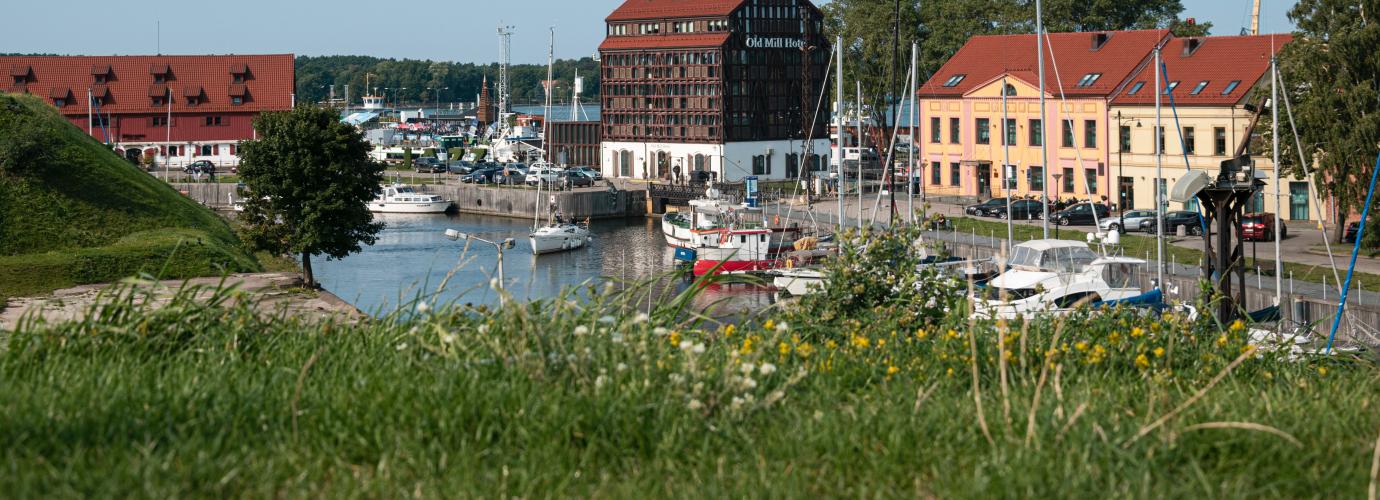Definition of the target group(s)
The Law on Education specifies that every foreigner who has been granted a right to reside or temporarily settle in Lithuania is entitled to education in the state language and a possibility to learn it whereas those who wish to study in the language of any ethnic minority or learn it may choose a school in which the education process is conducted and some subjects are taught in the language of the ethnic minority concerned.
The Law on Education also specifies that education must be available to learners from disadvantaged backgrounds experiencing social exclusion, including children from low income families, children of refugees, school drop-outs, unemployed persons, individuals released from prison, also persons who are undergoing treatment for alcohol and drug addiction and people who have problems fitting into society.
Specific support measures
Under the terms of the Law on Education every foreigner who has been granted a right to reside or temporarily settle in Lithuania is entitled to education in the state language and a possibility to learn it.
Schools of general and non-formal education create conditions for pupils of ethnic minorities to cherish their national, ethnic and linguistic identity, study their mother tongue, history and culture. In schools of general and non-formal education the regulations of which provide for a possibility to use, at the request of the parents, the language of a particular ethnic minority as the language of instruction and to study it, the education process may be conducted and certain subjects taught in the language of the ethnic minority concerned. In those schools, the teaching of Lithuanian is an integral part of the curriculum and the number of hours allocated for its teaching may not be fewer than those allocated for the teaching of the mother tongue.
Availability of education to learners from disadvantaged backgrounds afflicted by social exclusion, including children from low income families, children of refugees, school drop-outs, unemployed persons, individuals released from prison, also persons who are undergoing treatment for alcohol and drug addiction and people who have problems fitting into society is ensured through provision of social services and educational assistance to them.
Purpose-specific social and educational programmes are implemented by the Government and municipalities either directly or through schools. Those programmes may be initiated and carried out by non-governmental organisations and other legal entities and individuals.
Based on the data provided by the Resident’s Register Service and other state and departmental registers, state and local government authorities and institutions identify the number and the needs of children who do not attend school and, in conjunction with schools, carry out the targeted programmes for the involvement of those children in educational activities.
Juvenile asylum seekers accommodated at the Immigration Registration Centre have the right to attend a general education school in accordance with the procedure established by the Ministry of Education, Science and Sport. After being granted asylum, immigrants are provided an opportunity to take a free course in the Lithuanian language.
Children living in the Refugee Reception Centre have a right to attend general education schools and institutions of pre-school education. The Refugee Reception Centre creates conditions for its residents to enrol in a free-of-charge programme of the Lithuanian language.

